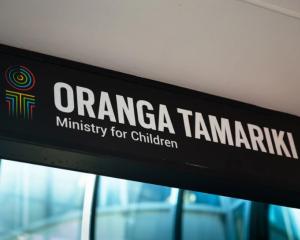The flow of New Zealand-trained medical professionals overseas may have been arrested by the Government's new voluntary bonding scheme.
Prime Minister John Key told a conference of South Island National Party members in Timaru yesterday that numbers of doctors, nurses and midwives signing up to the scheme had been "phenomenal".
Previously, many of them had headed overseas after graduation to earn higher wages to pay off their student loans.
Mr Key declined to release exact numbers, but said the uptake had been "extraordinarily high".
The policy allowed graduates to have up to $10,000 a year written off their student loans if they chose to stay and work in New Zealand.
National had estimated the policy would cost up to $9 million a year after three years.
Mr Key used his speech to about 300 party faithful to talk about National's achievements since the November 8 election, saying confidence and supply agreements with United Future, Act New Zealand and the Maori Party, as well as a memorandum of understanding with the Greens, meant it was a true MMP government.
Research showed that the party National voters most wanted them to be in coalition with was the Greens.
Mr Key also delivered a broadside to critics of a proposed policy to put at-risk youth into training camps.
The Westport Deep Sea Fishing School, which blended discipline, literacy, numeracy and life skills to turn around the lives of about 100 young people a year, was an example of the regime he was proposing, he said.
Left-wing commentators had misrepresented the policy, but a recent visit to the fishing school showed him what discipline and education could do for youth who had gone off the rails.
About 80% of the youngsters were Maori or Pacific Islanders, with half of those from South Auckland.
Many lacked basic education skills and had drug or alcohol problems.
Those who graduated had jobs waiting for them and a starting wage of $50,000 a year.
"Do we put them into limited service volunteer schemes, such as is run at Burnham Military Camp or some other schemes, or do we leave them to get into gangs or into drugs and get into trouble."
Mr Key said the two things he was most proud of after his first 100 days in office was funding the cancer treatment drug Herceptin and 24-hours a day funding of the Plunket telephone help-line.












